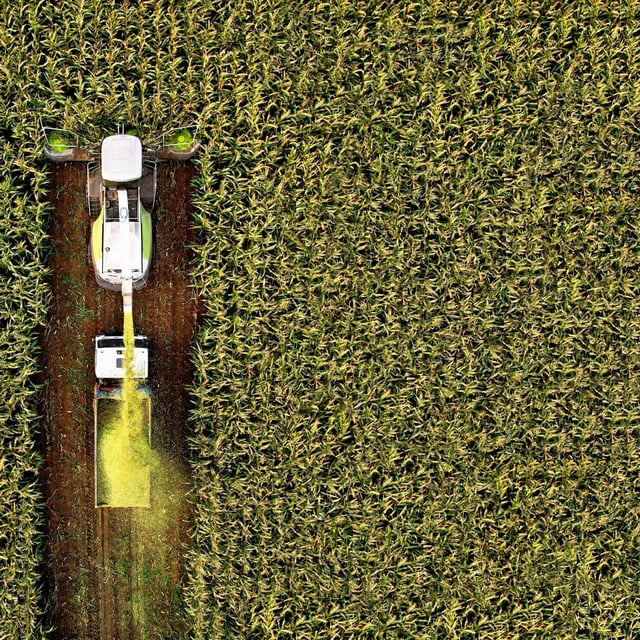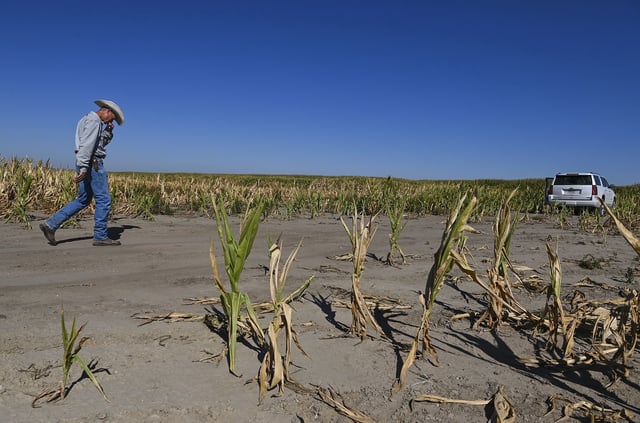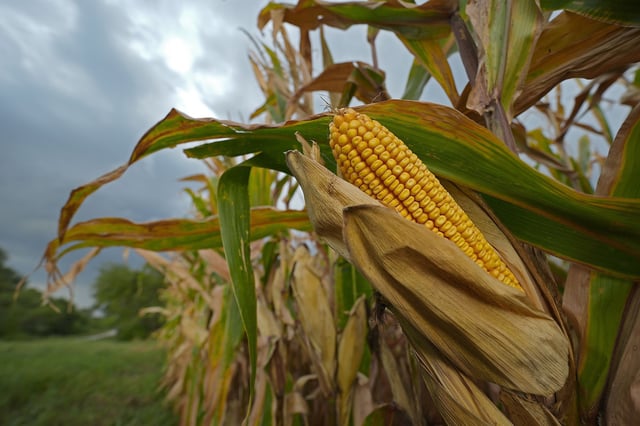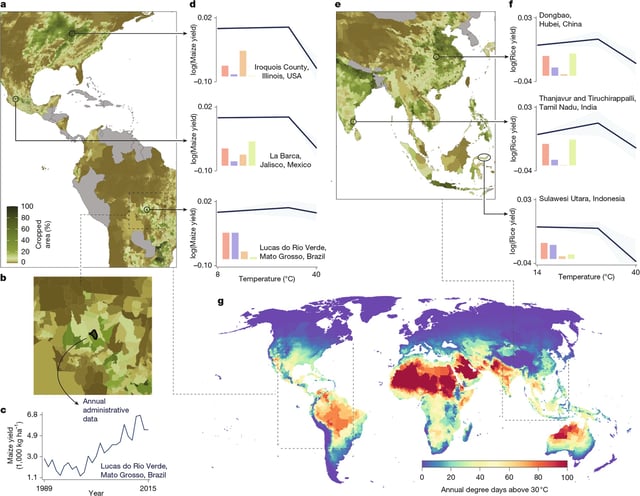Overview
- For every 1°C increase in global temperature, agricultural output is expected to decline by about 120 calories per person per day, or 4.4% of current consumption.
- By 2050, climate change is projected to reduce global staple crop yields by around 8% irrespective of emissions, with losses widening to 11% under a net-zero scenario and to 24% if emissions continue rising by 2100.
- Real-world adaptation measures—such as changing crop varieties, adjusting planting dates and altering fertilizer use—are estimated to offset just one-third of century-end yield declines.
- Major breadbasket regions in wealthy areas like the U.S. Midwest and Europe face the steepest production drops in corn, soy and wheat under high-warming scenarios.
- Rice stands out as the only staple with up to a 50% chance of yield gains from warmer nights, whereas other key crops carry a 70–90% probability of declines by century’s end.



